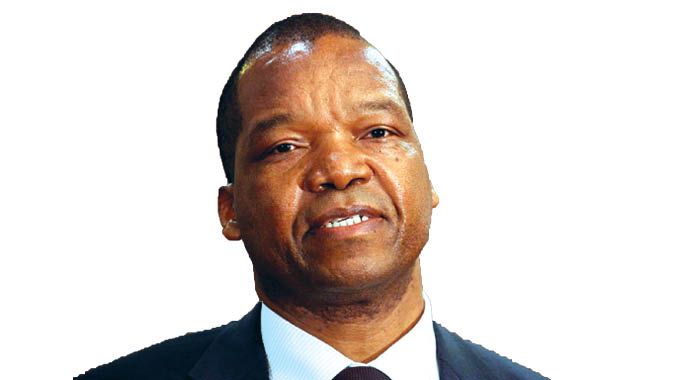COMMENT: Govt stance on auction abuse on-point

FOR 19 or so years, the local business sector complained over lack of foreign currency from the official market.
Because they could not access the currency from local financial institutions, they were forced to source it from the parallel market where rates were ever-rising. This instability made prices of goods and services in the economy equally unstable.
The Government noted this genuine complaint and its negative impact on the economy thus came up with a few attempts to resolve the challenge. The latest and most effective one has been the foreign currency auction system initiated in June last year. Foreign currency is made available on the auction every Tuesday for businesses to buy n a transparent, competitive bidding process.
That intervention has worked, the Zimbabwe National Chamber of Commerce (ZNCC) and Confederation of Zimbabwe Industries (CZI) — the largest business bodies in the country — often say.
It is making foreign currency available in a transparent manner.
Information made available by the Reserve Bank of Zimbabwe (RBZ) mid-this month shows that at least US$1,17 billion had been allotted to the productive sector of the economy since the introduction of the foreign currency auction trading system. Beneficiaries from the main auction were 1 334 while 1 744 benefited from the SMEs floor.
We can safely say that most legitimate businesses that need foreign currency for legitimate purposes are able to buy it from the auction floor. With foreign currency bought transparently and competitively in the bank, prices have been stable since June. Consumers have benefited immensely. They are better able to budget since prices are stable.
However, we appear to invest too much hope and trust in some local businesses.
For how can any sensible person explain why companies that are buying foreign currency at US$1 to Z$85 from the auction, proceed to base their prices on a rate that is totally irrelevant in the scheme of things — the parallel market rate of US$1 to US$110? Just a few months ago, the businesses indicated that they used black market rates to peg their prices; they are given a legitimate, transparent alternative from which they buy US$ but get back to their old ways of pegging their prices on a rate from a market that does not supply them with foreign currency.
Can there be a plausible explanation for that? There is simply none. Just indiscipline and greedy criminality. And such greedy criminality is now being strongly dealt with after months of Government moral suasion against such malpractice.
To that end, the Government gazetted Statutory Instrument 127 of 2021 last week. It imposes penalties on businesses accessing foreign exchange on the RBZ platform and then proceed to peg their prices using parallel market rates.
“The purpose of Statutory Instrument 127,” RBZ Governor, Dr John Mangudya explained at the weekend, “is to ensure that those obtaining foreign exchange from the auction system use the market exchange rate which is within the auction weighted exchange rate or the auction bid range. The use of parallel exchange rates of above 100, for example, on funds obtained from the auction system at $85 to the US$ is not good for the economy and consumers. It is these anomalies or arbitrage opportunities that the Statutory Instrument is designed to deal with. It is not designed to harm business but to provide a level playing field in business and to protect consumers.”
He said this after some in business had responded in a manner that sounded too defensive. Some started rejecting foreign currency from customers at the weekend, while the ZNCC and CZI claimed the SI could harm business.
We wonder — and consumers out there will agree with us — how a lawful effort by authorities to enforce discipline can actually harm any law-abiding businesses.
Why are ZNCC and CZI speaking like they are protecting criminal behaviour? Do they, as representatives of legitimate businesses, really think it is right for businesses to abuse the foreign currency they buy at the auction with a commitment, and obligation, to be realistic in their pricing models?
Just a few months ago they cried that shortage of foreign currency from the official market was forcing them to buy it expensively from the alternative market and to peg their prices accordingly. Authorities respond by making that foreign currency available at an open, competitive market but the businesses continue to price their goods and services as if they sourced their foreign currency at US$1 to Z$110 and not US$1 to Z$85.
Are ZNCC and CZI with all of us? We don’t think so. They are with unfair profits.
Therefore, we ask the Government to be strong in weeding out criminality wherever it exists, even among businesses while, of course, paying attention to plausible suggestions on how to stabilise and move the economy forward.











Comments